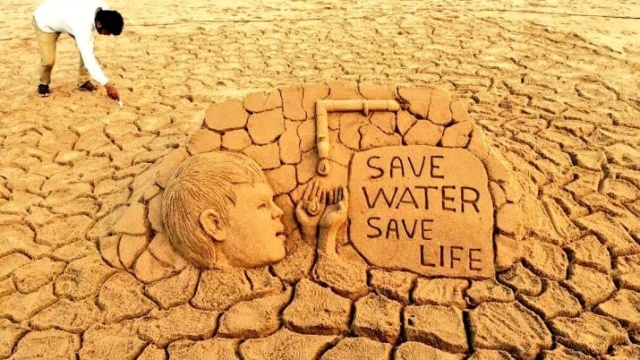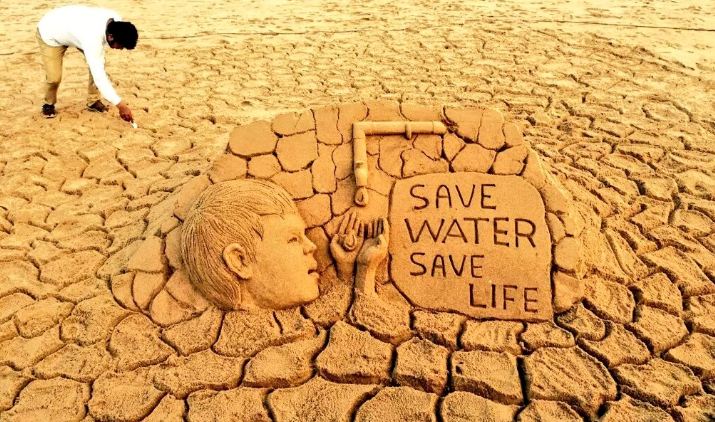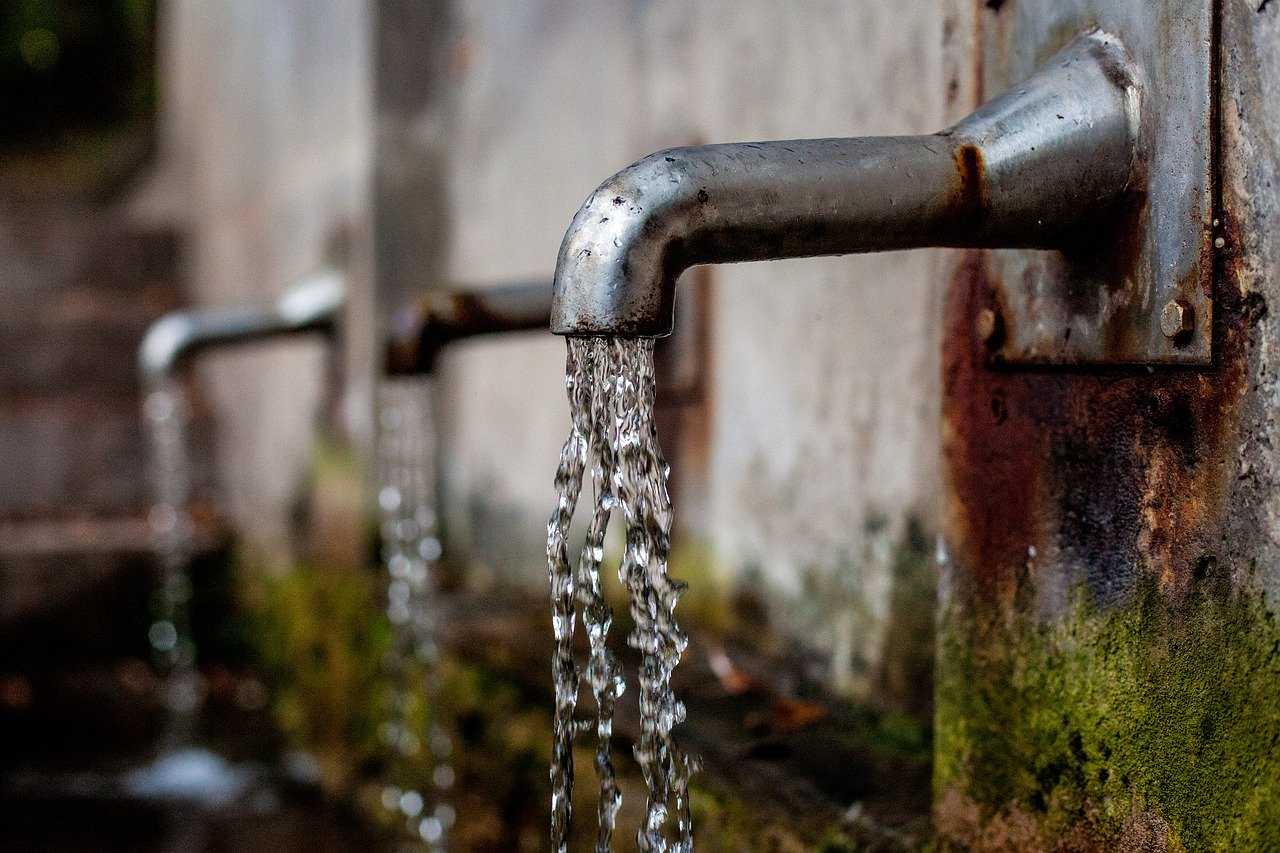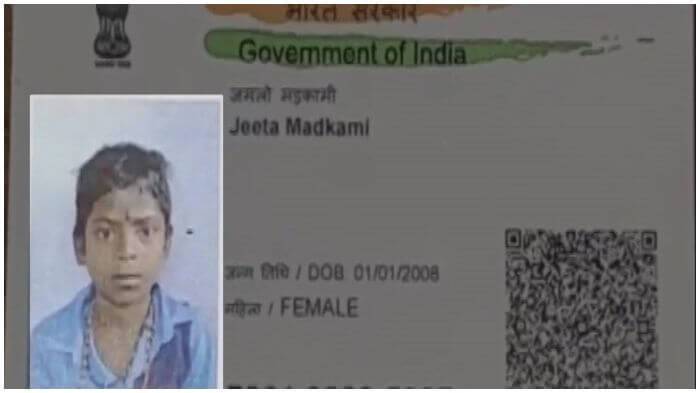Open defecation is discouraged and toilets are built without water supply- what is the ordinary citizen expected to do? The story of Tenda village in Telangana reveals the paradox of the popular cleanliness campaign and shows us how we continue to have misplaced priorities even seventy years after independence.

From advertisements starring film actors and actresses, to billboards that cover the entire city landscape we are constantly being bombarded with slogans and images about the importance of constructing toilets in the country as part of the culture of every single household. We are made aware of how open defecation can give birth to disease and how it can turn into an antidote to women’s sense of dignity. We are made aware of how women in the absence of secure toilets have had inadequate opportunities at school, health problems due to poor hygiene and a violation of their dignity in general. Recently many films and documentaries made on the theme have been circulating everywhere. The government lead campaign
‘Swachh Bharat Mission’ has captured the center stage of popular campaigns in recent years and has invoked even many severe critiques of its ironic operations and contradictory actions.
The campaign although an elaborate and expensive one has had its own share of hypocrisies and contradictions. One of the clear and most substantial examples of this would be the way that in a small village called Tanda in Telangana despite the achievement that all houses have their own toilets the crisis of water availability has posed a very unique challenge. While every home boasts of its own toilet what is ironic is that they face a peculiar problem — shortage of water. The Tanda village has only one bore well that functions well while the others discharge only minimal water. It is important to note the fact that there is no running water in the village and no tap connection to houses. Hence all the villagers are accustomed to carrying water on their heads to their homes and fields. Much of this water goes into making the toilets functional. They recall how earlier when toilets were not constructed they just used to defecate in open nature and require just a bottle of water but now that the toilets had been constructed even the consumption of water had increased manifold.
What adds to the miserable plight of the village is that there is no drinking water supply. Quite indifferent to the plight of the people of the village, the district administration which had completed construction of toilets in 100 villages is gearing up to complete another 100 by October 2 (Gandhi Jayanti )in the neighborhood villages. Look at the enormous contradictions in the way that campaigns of this kind operate, while toilets have been constructed no mechanism has been put in place to ensure that these toilets at least have sufficient water. Compelled to carry heavy utensils of water many times over just to make the ‘toilet’ usable has cause enough hardship to the inhabitants of the village amidst these conditions it will not be surprising if they once again resort to defecating in the open .One must ask why even the basic amenities still look like farfetched dreams in the county. Why we are unable to do something as basic and simple as supplying water to every household and yet claim to be fast moving towards becoming the next superpower. Are we leading an illusionary existence?













